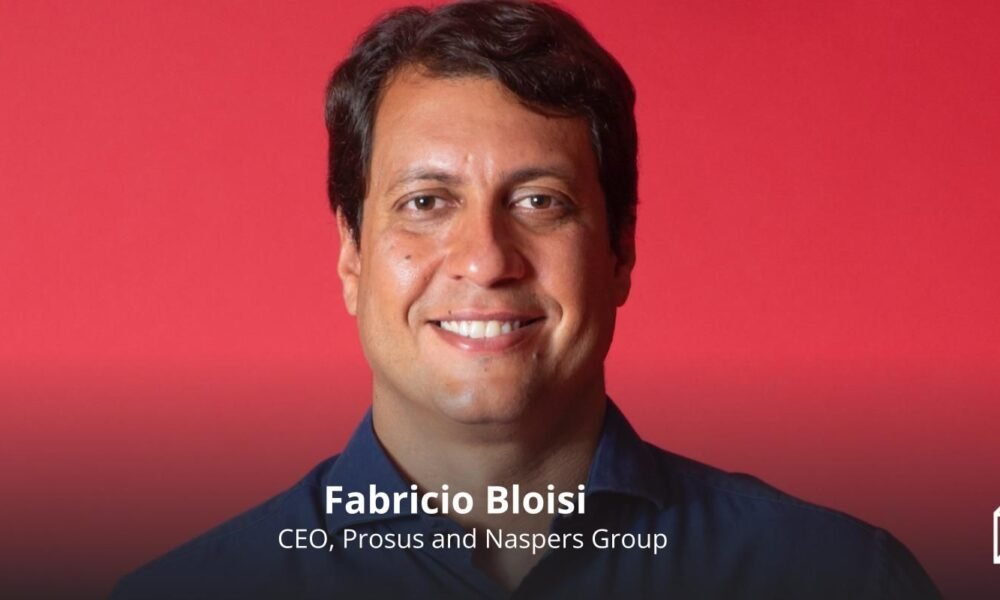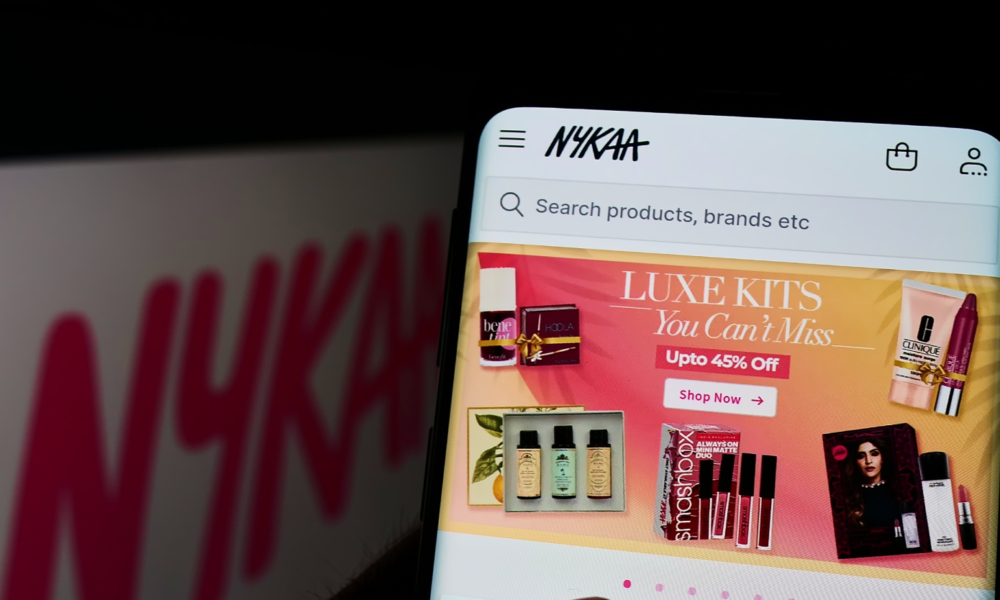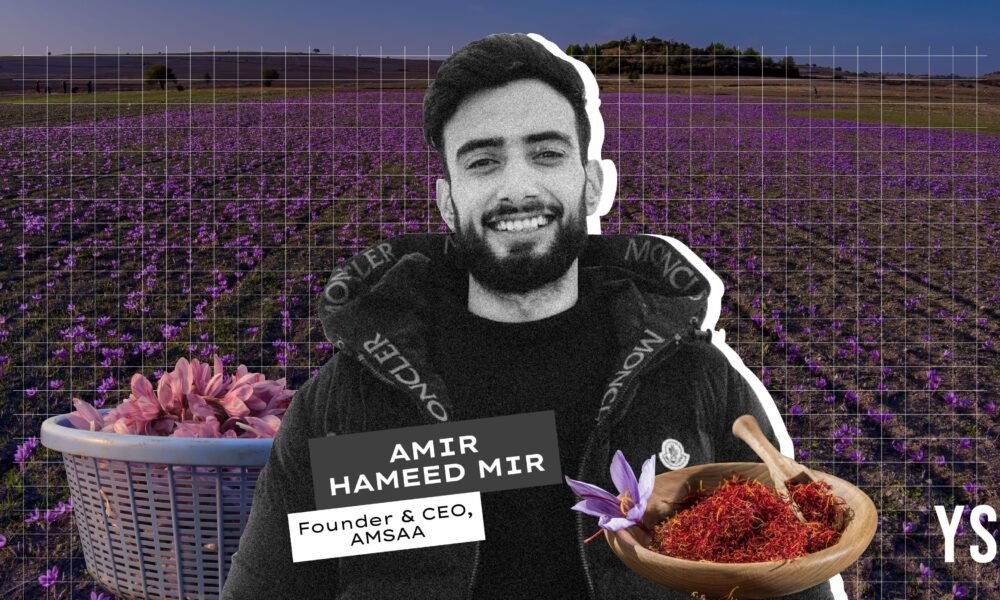The quick commerce sector is experiencing rapid growth, but it has left many traditional retail businesses such as small shopkeepers or Kirana stores struggling. These stores face stiff competition from ecommerce giants that offer lower prices, faster deliveries, and the convenience of online shopping.
To address this gap, Alok Chawla, Neeta Rijwani, and Virendra Kumar launched Kiko Live in 2020. The Mumbai-based startup provides SaaS solutions designed to help small retailers build, manage, and grow their home delivery businesses.
The platform allows small shops to go online and reach a broader customer base without the need for significant investment in technology or infrastructure.
“Each retail store already has several thousand SKUs, some with 8,000 to 10,000 items. Their physical businesses already cover costs like rent, electricity, and staff, meaning the incremental cost of moving online is essentially zero,” Chawla tells YourStory.
“We essentially help retail stores to integrate their real-time inventory and offer the same services online,” he adds.
The 20-member team at Kiko Live primarily focuses on helping Kirana stores, pharmacies, stationery shops, and electronics vendors to create digital storefronts in as little as 24 hours. The platform also supports sellers with a product repository, a user-friendly interface, and hyperlocal logistics solutions for quick deliveries.
Before founding Kiko Live, Alok Chawla founded Gizmobaba, an ecommerce platform for electronics, while Rijwani, a serial entrepreneur, brought her experience in the retail sector. Kumar has held senior leadership roles at companies like SQL Star International and Synsoft Global.
Helping local retailers
Kiko Live’s app gives local shops a simple interface to manage and streamline all delivery orders. Sellers can use the platform to list their products, get discovered, accept payments, and deliver to both new and existing customers.
According to Forrester, the home delivery business for neighborhood retail stores in India is valued at $70 billion annually, but much of it remains unorganised and inefficient.
Many small retailers currently rely on phone calls and WhatsApp to manage their orders, with no digital presence or reliable logistics, Chawla says. This results in slow deliveries, falling short of customer expectations for quick, 30-45 minute deliveries.
Kiko Live is addressing these challenges by integrating with ONDC (Open Network for Digital Commerce) to help these retailers expand their reach and regain business lost to online platforms.
“We plug in third-party logistics into the ecosystem. Customers get the same experience as buying from any quick commerce platform. Large stores, with their delivery systems, can also integrate them into our platform,” Chawla explains.
In addition to this, retailers can also use the platform to process existing orders received through phone or WhatsApp.
When customers place orders via WhatsApp or phone, they are redirected to the deep link of the store’s ONDC catalog—a specialised URL that directs users to a specific page or content within the app. This allows buyers to place orders to get the quick commerce experience, says Chawla.
The platform currently has over 800 sellers across Delhi NCR, and processes over 3,000 orders a day. The company has six pilot stores in Bengaluru, Mumbai, and Indore, and expects to have 50+ stores in Bengaluru by the end of this year.
Unlike traditional quick commerce players who manage every aspect of the supply chain, Kiko Live acts as a consolidator, connecting stores and third-party delivery partners. This reduces operational complexity while digitising the physical retail market.
“The idea is to own the supply. The biggest asset in this business is to be able to control the supply. Our hybrid approach supports both online orders and phone/WhatsApp-based orders, tapping into the 10-20% of store revenue already generated through home deliveries. We have enabled 500+ stores in Delhi NCR, driving 4,000+ daily orders, and recently launched a pilot in Bengaluru with around 102 stores onboarded,” he adds.
Funding and way ahead
Kiko Live, which made it to YourStory’s Tech30 list this year, has raised $1.1 million in a pre-Series A round from GSF Accelerator, SOSV, and Venture catalysts. Additionally, the startup is in the process of securing $1.5 million funding, which will bring its valuation to $10 million.
Previously, the startup raised funds in 2021, with backing from investors such as 9Unicorns, Venture Catalysts, SOSV, and GSF. Individual investors such as Dinesh Agarwal (IndiaMART), Amarjit Batra (MD, Spotify India), Nitish Mittersain of Nazara Technologies, and Murugavel Janakiraman (Bharatmatrimony) have also invested in the company.
“The quick commerce market is projected to exceed $10 billion in the next two years, focusing primarily on major urban centers. However, the real opportunity lies in the Kirana-led home delivery market, which today is worth a staggering $80 billion,” says Apoorva Ranjan Sharma, Co-founder and Managing Director of Venture Catalysts.
“Even when narrowing our focus to Tier II and III cities, we see a substantial addressable market of around $40 billion—most of which is ill-suited for dark store models,” she adds.
“Kiko Live is at the forefront of this shift and is enabling local retailers to aggregate demand and fulfill orders through ONDC thereby digitising and modernising grocery retail. Their approach allows for rapid scaling without the burdens of dark store costs or heavy inventory investment,“ she says.
The startup charges sellers for specific services like delivery, payments, and listing fees. Additional subscription-based services include selling on ONDC and participating in loyalty programmes, among others.
The company generates revenue primarily from seller payments and subscriptions. Currently, the startup generates a monthly Gross Merchandise Value (GMV) of nearly Rs 2 crore.
The company plans to introduce service-based subscriptions for sellers by 2025, including listing services on ONDC, loyalty programme participation, and payment gateway or hyperlocal delivery services. The platform is currently charging a 5% commission on sales.
Kiko Live has already launched hyperlocal delivery services using the ONDC network, with delivery rates starting at Rs 25 for the first 2 km.
The startup competes with the likes of Bitsila, SellerApp, Magicpin, and uEngage.
“Some solutions tried to offer a tech-only solution to retailers, but it failed as first-time sellers need on-ground operations and sales support. We were able to claim leadership in this space as we offer a tech platform with strong on-ground operations support, as well as remote call center helpdesk which guides and calls sellers till they become self-sufficient,” Chawla says.
The startup is also building an AI chatbot for buyers to shop over ONDC and has filed a patent for the process and algorithm.
“In this financial year, we aim to fully launch ONDC, onboard over 25,000 active sellers, and achieve cash break-even. Within the next five years, or sooner, we see Kiko Live becoming the go-to platform for small retailers to sell online, whether to their existing customers or through ONDC,” says Chawla.


![[Weekly funding roundup Oct 12-18] VC inflows continue to rise](https://letstalkweb3.com/wp-content/uploads/2024/10/Weekly-funding-roundup-Oct-12-18-VC-inflows-continue-to-rise.png)
![[Weekly funding roundup Nov 9-15] VC inflows record a sharp rise](https://letstalkweb3.com/wp-content/uploads/2024/11/Weekly-funding-roundup-Nov-9-15-VC-inflows-record-a-sharp.png)

